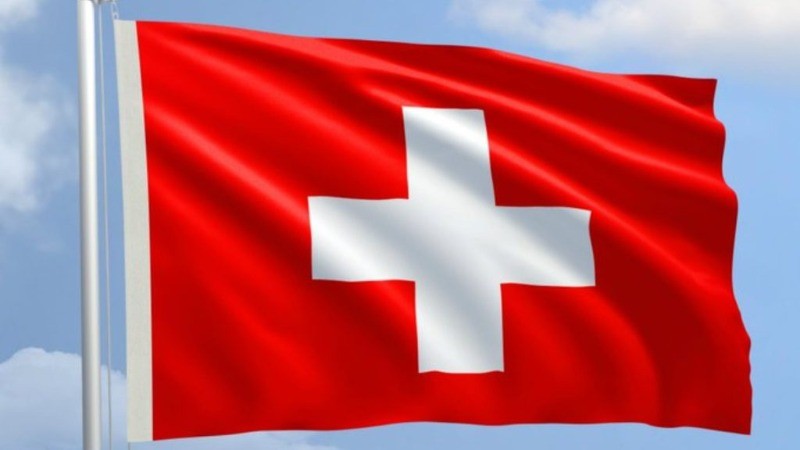
Switzerland has confirmed that suspending the Most Favoured Nation (MFN) clause in its tax treaty with India will not impede the implementation of the recently signed Trade and Economic Partnership Agreement - TEPA- between India and European Free Trade Association -EFTA. The Swiss Embassy emphasized that this move will not negatively affect Swiss investments in India, despite concerns over potential tax implications.
Unwavering Trade Ties Despite Suspension
The Swiss government’s decision to halt the MFN status under the Double Taxation Avoidance Agreement (DTAA) has raised questions about its impact on bilateral trade relations. However, the Embassy of Switzerland clarified that the suspension would neither affect ongoing trade ties nor delay the ratification of the EFTA-India trade pact.
In a response to inquiries, the Embassy stated, “The current suspension of the MFN clause under the protocol to the DTAA does not negatively impact trade relations or Swiss investments in India.”
EFTA-India Trade Agreement: A Game-Changer
The TEPA agreement, signed in March, marks a significant milestone in trade relations between India and the four-nation EFTA bloc, which includes Switzerland, Iceland, Liechtenstein, and Norway. Under this agreement, India is set to receive an investment commitment of USD 100 billion over 15 years.
This unprecedented pledge includes USD 50 billion in investments during the first decade of implementation and an additional USD 50 billion in the subsequent five years. The influx of funds is expected to create one million direct jobs in India and bolster the economy.
Trade Deficit Highlights Room for Growth
In the 2023-24 fiscal year, India’s imports from Switzerland reached USD 21.24 billion, while its exports stood at a modest USD 1.52 billion, resulting in a trade deficit of USD 19.72 billion. Additionally, Switzerland contributed USD 10.72 billion in foreign direct investment to India between April 2000 and September 2024.
Economic Boost with Reduced Tariffs
The agreement is poised to strengthen economic ties through reduced or zero duties on key products such as Swiss watches, chocolates, and cut and polished diamonds. These measures aim to foster mutual growth and attract greater investment flows between the two regions.
With both nations reaffirming their commitment to the trade agreement, the TEPA is expected to usher in a new era of economic cooperation and opportunities for India and the EFTA bloc.